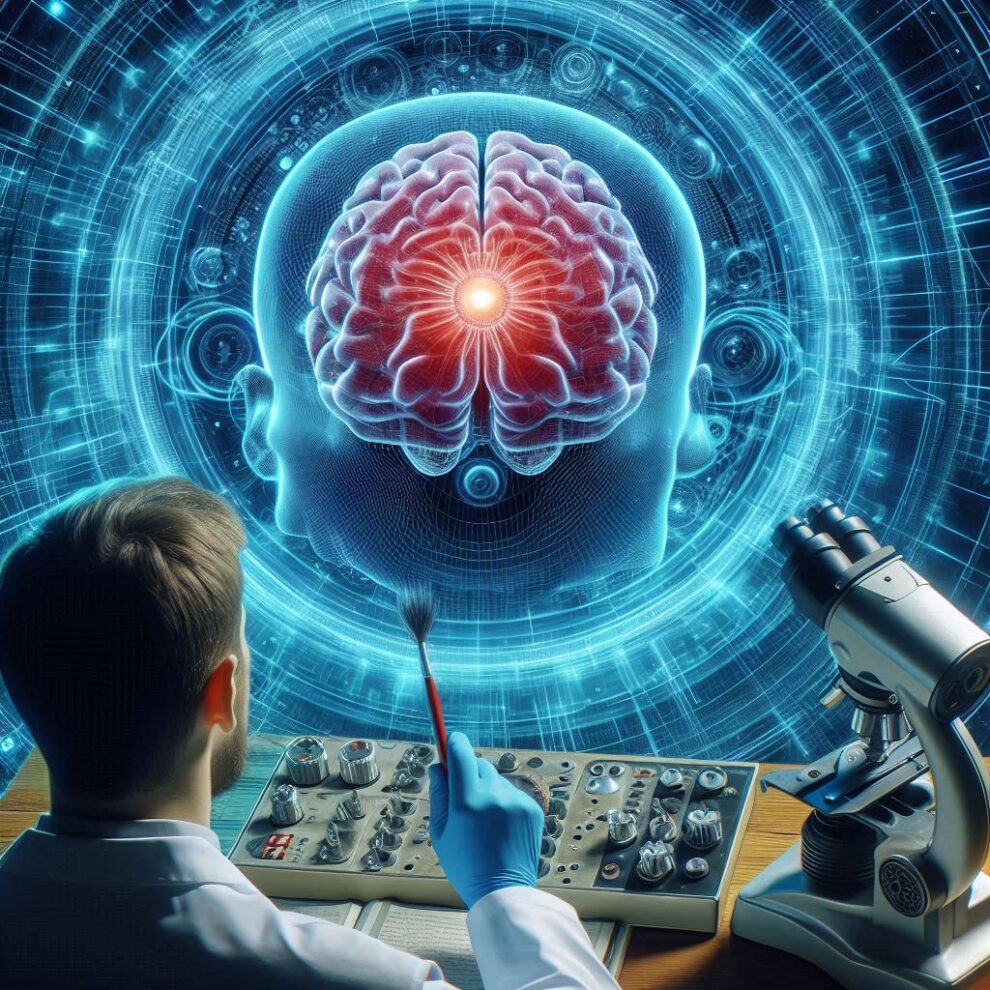One of many key benefits of MEG is its skill to localize mind exercise with millimeter accuracy and millisecond precision. This permits researchers to trace the timing and spatial distribution of neural alerts, offering an in depth understanding of how totally different mind areas work together throughout varied cognitive processes. With MEG, researchers can examine advanced mind capabilities equivalent to language processing, reminiscence formation, and sensory notion in real-time.
MEG is especially helpful in learning mind issues equivalent to epilepsy, autism, and schizophrenia. By figuring out irregular patterns of mind exercise, researchers can achieve a greater understanding of the underlying mechanisms of those issues and develop simpler remedies. MEG will also be used to evaluate the effectiveness of interventions equivalent to treatment or behavioral remedy by monitoring modifications in mind exercise over time.
One other benefit of MEG is its compatibility with different neuroimaging methods equivalent to useful magnetic resonance imaging (fMRI) and electroencephalography (EEG). By combining these methods, researchers can receive a extra complete view of mind exercise and connectivity, permitting for a deeper understanding of advanced neural networks.
In recent times, developments in MEG know-how have led to enhancements in knowledge processing and evaluation, making it an more and more priceless software in cognitive neuroscience analysis. Researchers are actually in a position to extract extra info from MEG knowledge, resulting in new discoveries about mind operate and habits.
Regardless of its many benefits, MEG does have some limitations. The tools is dear and requires specialised coaching to function, making it much less accessible in comparison with different neuroimaging methods. Moreover, MEG has restricted spatial decision in comparison with fMRI, making it much less appropriate for learning deep mind buildings.
Total, MEG is a priceless software in mind analysis that continues to supply essential insights into the functioning of the human mind. By exploring the ability of MEG, researchers can uncover new discoveries and developments in our understanding of the mind and its advanced capabilities.

























Add Comment